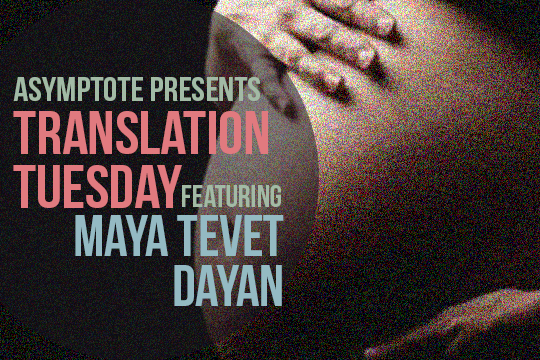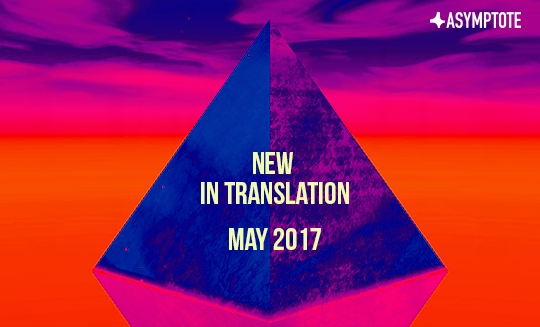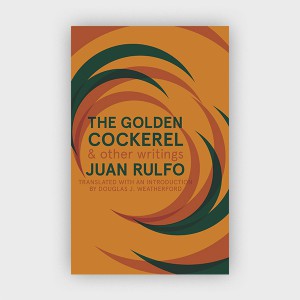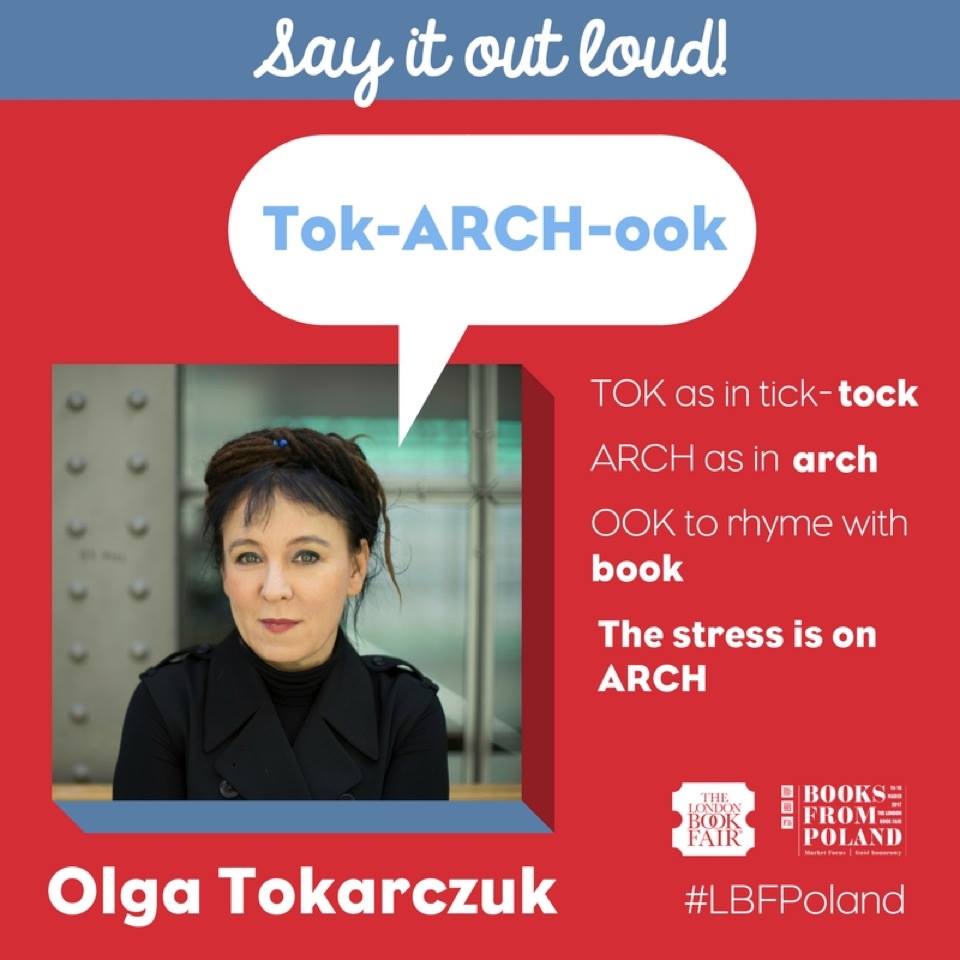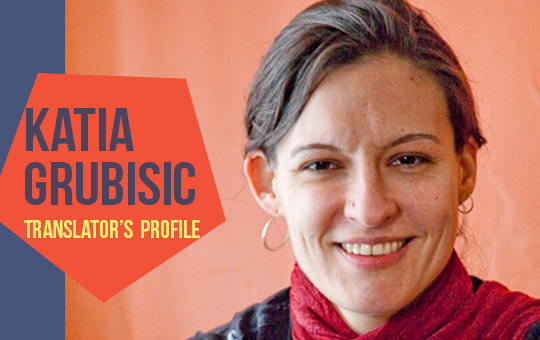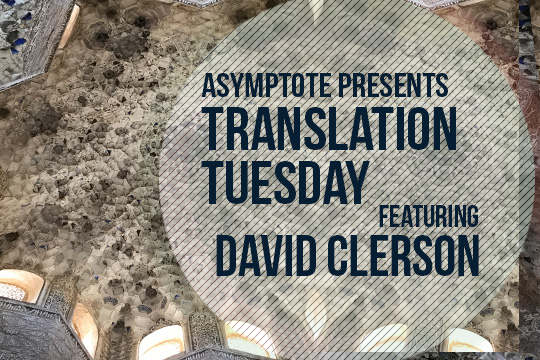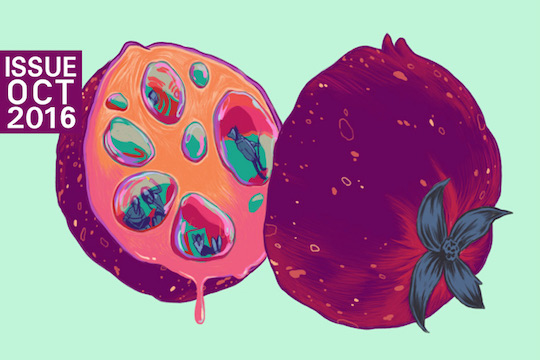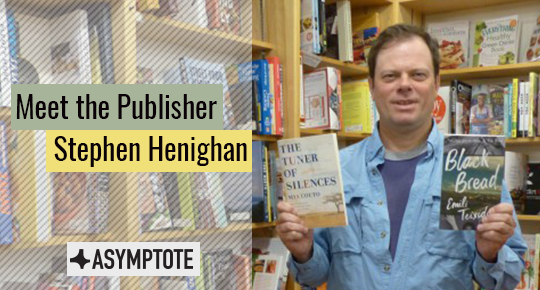Communications Manager Alexander Dickow translated Guillaume Apollinaire’s celebrated “Song of the Unrequited Lover” for the Spring 2017 issue of Metamorphoses.
Assistant Blog Editor Aurvi Sharma was awarded the 2017 New York Foundation for the Arts fellowship in Nonfiction Literature.
Drama Editor Caridad Svich’s play Iphigenia Crash Land Falls On the Neon Shell That Was Once Her Heart was performed on 30 July at Bread and Roses Theatre in South London and by London-based company Clumsy Bodies from 4 to 12 August at theSpace on Niddry Street in conjunction with the Edinburgh Festival Fringe. Her essay, “Riding Uphill on a Red Bike,” based on her play Red Bike, is featured as the closing reflection on the making of the Stages of Resistance series.
Editor-at-Large for Romania and Moldova MARGENTO a.k.a. Chris Tanasescu will be presenting with his team a paper titled “Access(ed) Poetry. The Graph Poem Project and the Place of Poetry in Digital Humanities” at the 2017 Digital Humanities Conference in Montreal. Chris also recently presented a paper on automated metaphor detection in poetry at the Association for Computational Linguistic Conference in Vancouver.
Criticism Editor Ellen Jones was awarded one of the 2017 ALTA Travel Fellowships to attend this year’s conference in Minneapolis. She, like Social Media Manager Thea Hawlin, has written an essay for the upcoming anthology “The Digital Critic: Literary Culture Online,” published by OR Books.
Contributing Editor Howard Goldblatt has published an essay in Korean Literature Now discussing the issue of translating fiction and creating fiction as two distinct literary genres.
Editor-at-Large for Indonesia Norman Erikson Pasaribu is showcased as an emerging Indonesian writer in Kill Your Darlings, a cultural magazine based in Melbourne, in partnership with the upcoming Ubud Writers & Readers Festival (UWRF) in Bali.
Social Media Manager Thea Hawlin wrote about the rise of female literary magazines for LitHub and reviewed a response to George Eliot’s ‘Silly Women Novelists’ for the Times Literary Supplement. She also published essays on Italian director Antonioni’s first color film and the designer Salvatore Ferragamo in AnOther magazine. It’s also her birthday today so please joining us in wishing her a very happy birthday!
Editors-at-Large for Singapore Theophilus Kwek and Tse Hao Guang have launched UnFree Verse, an anthology of formal verse from Singapore, co-edited with poet Joshua Ip. Theophilus was also featured last week in an episode of the new BBC4 series ‘Mother Tongue’, which focuses on poetry in translation.
****
Read more dispatches from around the world:


